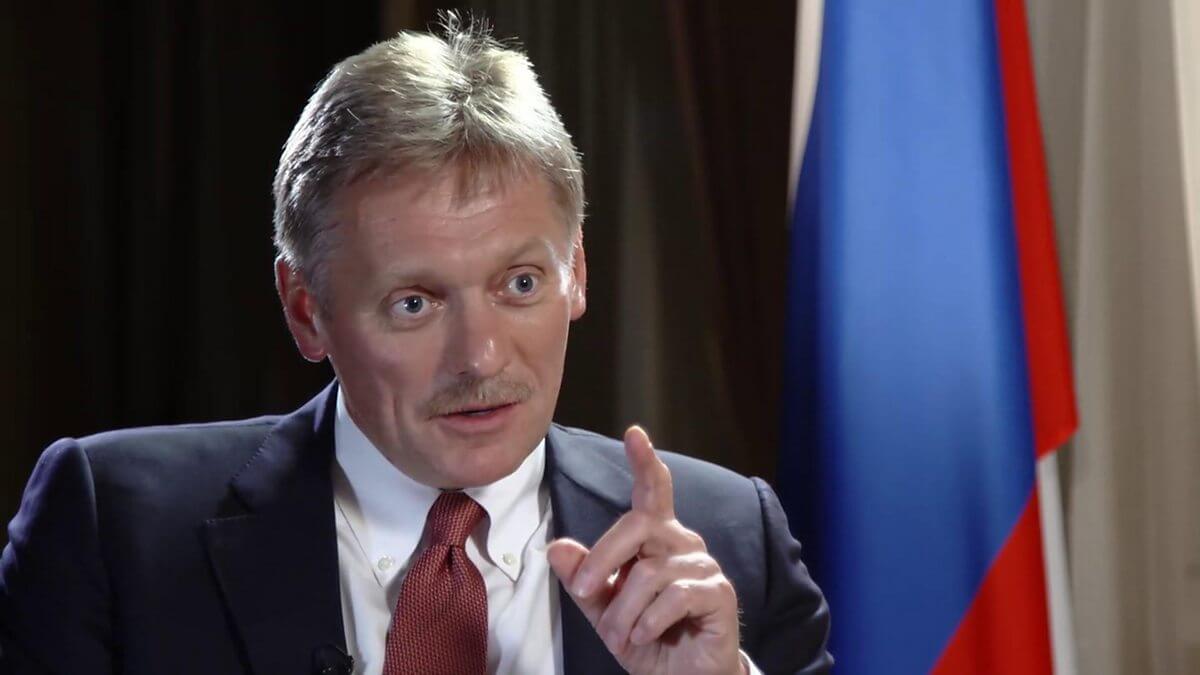The Russian government on Tuesday reasserted its position on the issue of Crimea and said that the 2014 referendum on the status of the region was “absolutely legitimate and legal.” Kremlin spokesman Dmitry Peskov made the remarks on the seventh anniversary of Russia’s annexation of Crimea, which is widely viewed as illegal by the international community.
“That referendum was legitimate essentially, from the standpoint of international law and from the standpoint of Ukraine’s own laws,” Peskov said, noting that per Ukrainian legislation, the possibility of Crimea holding such a vote without Kyiv’s was not explicitly banned. “If you study them, you will see that everything was strictly in line with the existing laws,” he added.
Russia has come under increased international criticism in recent months due to its aggressive actions in the region. Despite multiple calls from individual nations as well as the United Nations (UN) for Russia to end its occupation of Crimea, Moscow has consistently dismissed such allegations as politically motivated, maintaining that the Crimean people had shown their support to join Russia in 2014 through a referendum earlier that year. However, the United States (US), the European Union (EU), and the UN consider the vote illegitimate and inconsistent with the Ukrainian constitution and international law.
In the run-up to the seventh anniversary of the annexation, countries like the US and Turkey came out once again to reject Russia’s tactics, claiming that they would never recognise the referendum. However, Moscow responded saying that it was impossible to recognize the annexation of Crimea because it did not happen. “What happened was the reunification of Crimea and Russia, in rather strict compliance with all norms of international law,” Peskov told reporters earlier this month.
As for eastern Ukraine, where the conflict near the Russian border between Ukrainian troops and separatist Russian-backed fighters in the Donbas region has claimed over 14,000 lives since 2014, the international community has blamed Russia for prohibiting any progress towards a solution to the conflict due to its aggressive posture and presence of forces in the area. Moscow, for its part, has rejected the claims and has instead blamed Ukraine for using disproportionate force against civilians in the region, and accused Western powers of being “accomplices” in Kyiv’s crimes in the area.
Ukraine’s President Volodymyr Zelensky on Tuesday issued a statement on Twitter regarding the status of Crimea, arguing that Russia held a “fake referendum” in the region in 2014. However, the leader said that for the first time since the occupation, Ukraine has come up with a strategy for the “de-occupation and reintegration of the peninsula” which will be presented through the Crimean Platform, which is a new consultative and coordination format developed by Ukraine to improve the efficiency of the international response to the occupation of Crimea. “We unite the world within the Crimean platform to return Ukrainian to Ukraine,” the president noted.
Russia has already expressed its opposition to this de-occupation strategy, saying that there was nothing that Ukraine could do to win back the Crimean people’s trust, and convince them to reverse their 2014 decision. “All Kyiv’s efforts to return Crimea to Ukraine are illegitimate and cannot be perceived as anything other than a threat of aggression against two regions of the Russian Federation. We would like to recall once again that we will consider the involvement of any countries and organisations in such actions, including the Crimean Platform initiative, as an unfriendly move with regard to the Russian Federation and as a direct encroachment upon its territorial integrity,” the Russian foreign ministry said in a statement on Monday.
The Ukrainian foreign ministry responded to the Kremlin, saying: “Russia has no other status in Crimea than occupying power. Allegations of encroaching on the ‘territorial integrity of Russia’ is an example of a distorted perception of reality. A thief does not acquire legal ownership of a stolen item. Russia's internationally recognized borders have long been known. They do not include Crimea and Sevastopol.”
Moscow Says 2014 Referendum on Crimea “Absolutely Legitimate and Legal”
Kremlin spokesman Dmitry Peskov made the remarks on the seventh anniversary of Russia’s annexation of Crimea, which is widely viewed as illegal by the international community.
March 17, 2021

Kremlin spokesman Dmitry Peskov SOURCE: BBC
